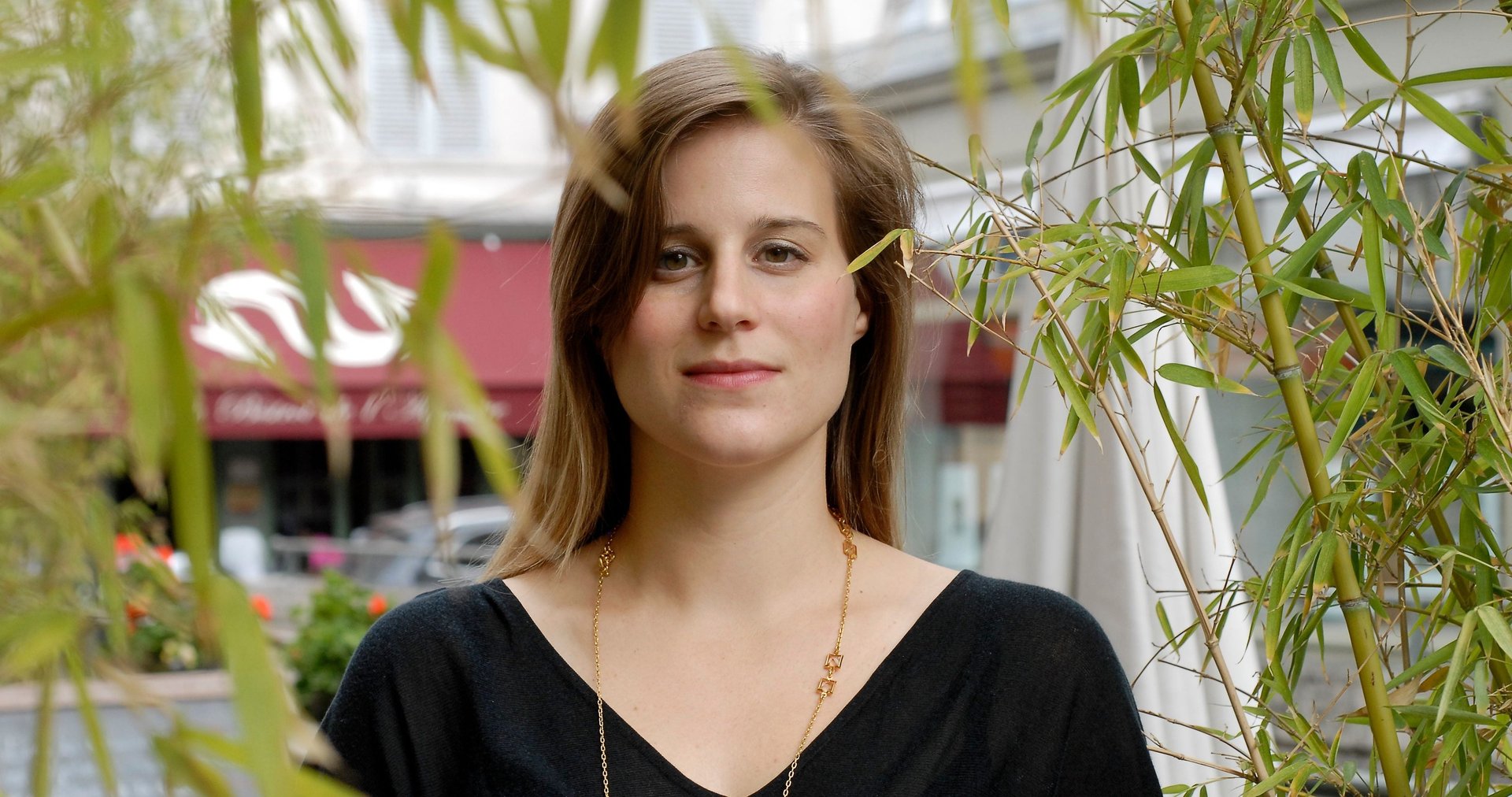Author Lauren Groff had a perfect reply to a question about balancing work and children
Lauren Groff is the author of two short story collections and three novels, including the Obama favorite Fates and Furies. She is also a mother of two children. In a recent interview by the Harvard Gazette, Groff was asked how she negotiates the coexistence of these facts: “Can you talk about your process and how you manage work and family?”


Lauren Groff is the author of two short story collections and three novels, including the Obama favorite Fates and Furies. She is also a mother of two children. In a recent interview by the Harvard Gazette, Groff was asked how she negotiates the coexistence of these facts: “Can you talk about your process and how you manage work and family?”
Her reply, in a word: Nope.
“I understand that this is a question of vital importance to many people, particularly to other mothers who are artists trying to get their work done, and know that I feel for everyone in the struggle,” Groff said. “But until I see a male writer asked this question, I’m going to respectfully decline to answer it.”
In refusing to discuss how she balances work and motherhood, Groff has become, somewhat ironically, an examplar of how to answer such questions as a feminist. When that section of the interview was clipped and shared on Twitter, thousands replied with resounding approval.
This wasn’t the first time Groff addressed the sexism behind the question of how to “do it all,” which men are rarely asked. When she was interviewed by the New Yorker’s Cressida Leyshon in 2016, Groff elaborated on her aversion to the conversation:
We have intense conversations in my house about apportioning responsibility, because neither my husband nor I wants to assume roles based on messed-up collective assumptions about gender dynamics. I think that, in our society, the idea of motherhood is pathologically ill, and even well-meaning people assume martyrdom in a mother. Guilt and shame are the tools used to keep people in line; the questions I get most at readings or in interviews are about being a mother and writer, when I’m expected to do this this sort of tap dance of humility that I have no desire or ability to dance.
I think people are mostly kind and don’t know that, when they ask these questions of women, they are asking us to perform a kind of ceremonial subjection—that we’re not allowed our achievements without first denigrating ourselves or saying, with a sigh, “Yes, that’s correct, I’m a writer and a mother, and it’s so hard, and, no, I don’t do it well.” The truth is, doing these things is hard because being a good parent is always hard, but the difficulty of parenting is separate from the difficulty of work.
“Messed-up collective assumptions about gender dynamics” help explain why women in the US still do about twice the childcare and housework that men do—an imbalance that’s reflected globally. Groff’s refusal to play the role of the harried and guilty working mother is not just refreshing. It’s a significant step toward undoing those assumptions.